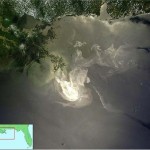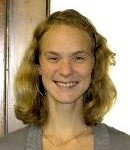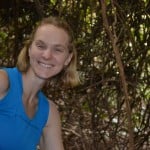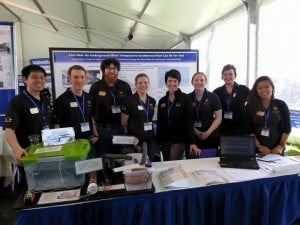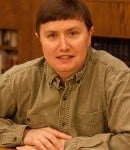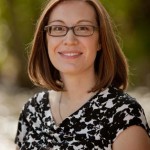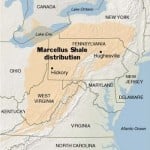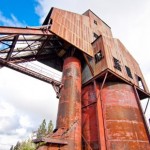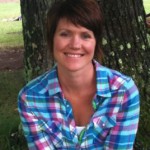
From Tech Today:
Outstanding students, staff, and a special alumna were honored on April 17, 2015 at Michigan Tech’s 21st Annual Student Leadership Awards Ceremony. This year’s recipient of the Provost’s Award for Scholarship was Melissa Michaelson, Departmental Scholar from Social Sciences majoring in Anthropology.
According to the Student Affairs and Advancement, “each academic department nominates one student to represent their department as its Departmental Scholar. From the collective departments, one student is selected to receive the Provost’s Award for Scholarship.
The Provost’s Award for Scholarship is given to a senior who best represents student scholarship at Michigan Tech. This outstanding student is considered excellent not only by academic standards, but also for participation in research scholarship activity, levels of intellectual curiosity, creativity, and communication skills.”
Congratulations Melissa!
